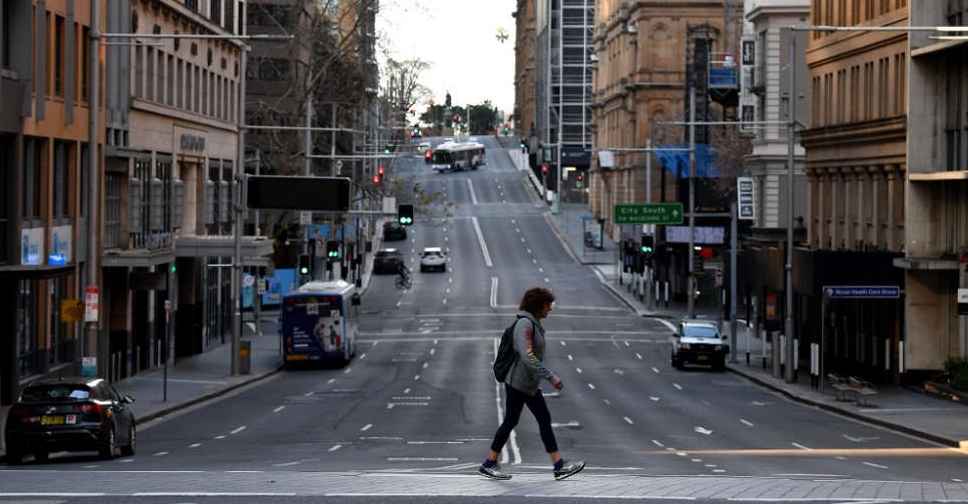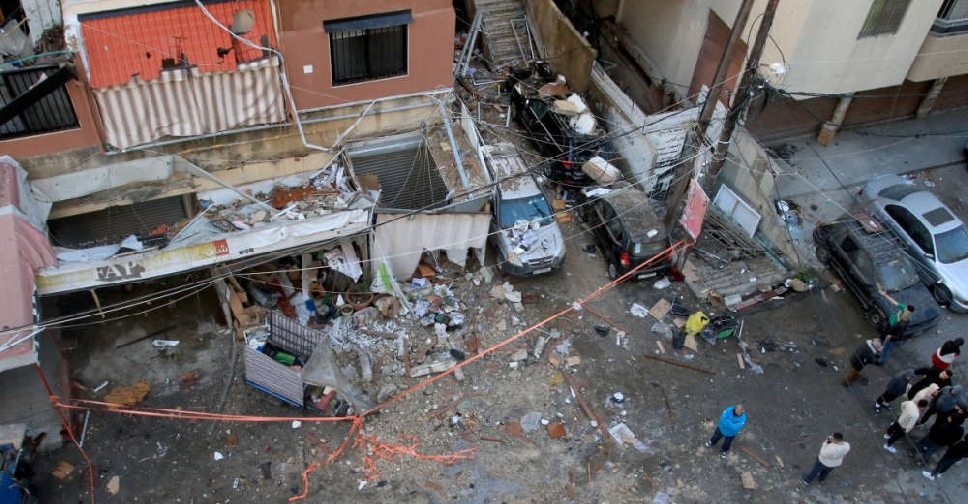
Australian city of Sydney recorded its deadliest day of the COVID-19 pandemic on Monday, while residents in Melbourne face a nightly curfew and a further two weeks of lockdown amid a surge in infections.
Sydney, which is in its eighth week of lockdown, is the epicentre of Australia's third COVID-19 wave that threatens to push the country's A$2 trillion ($1.5 trillion) economy into its second recession in as many years.
New South Wales state Premier Gladys Berejiklian said seven people in Sydney had died from COVID-19 in the past 24 hours, surpassing the state's previous record daily toll from earlier this month.
Berejiklian said New South Wales has also detected 478 infections, the highest one-day rise since the pandemic begun.
"Our community transmission numbers are disturbingly high," Berejiklian told reporters in Sydney.
"Every death is a person who has loved ones, who has died in tragic circumstances and our heartfelt condolences to all of those loved ones and families."
Authorities also confirmed the death of 15-year-old boy from Sydney, who had pneumococcal meningitis and COVID-19.
The toll was announced as 200 military personnel were deployed across Sydney to set up roadblocks to enforce restrictions of movement. Australia last month deployed 500 troops to help New South Wales.
With only 26 per cent of people above 16 years of age fully vaccinated, Australia is vulnerable to the highly infectious Delta variant that has steadily spread across the country.
While Sydney, Melbourne, Canberra and Darwin - which begun its curbs on Monday - are all in lockdown, cases have proved stubbornly difficult to suppress.
Victoria state Premier Daniel Andrews said Melbourne will now remain in a lockdown until September 2 after recording 22 new COVID-19 cases.
Melbourne's 5 million residents will also be subjected to a nightly curfew.
"We are at a tipping point. There is simply no option today but to further strengthen this lockdown," Andrews told reporters in Melbourne.
Canberra, the national capital, recorded 19 new cases, the biggest one-day rise in cases on Monday as it extended its lockdown for a further two weeks.
Australia's economy rebounded strongly from the initial wave of the pandemic, with unemployment hitting its lowest levels in more than a decade at 4.9 per cent in June.
But with many of its most populated cities on the east coast now in lockdown, economists expect a heavy toll.
"Unemployment may spike back up to 5.5 per cent in the months ahead, mainly driven by (New South Wales)," said Shane Oliver, Chief Economist at AMP.
VACCINES
The outbreak and sluggish vaccine rollout has fuelled pressure on Prime Minister Scott Morrison, who must return to the polls before May 2022.
Morrison said on Sunday Australia said on Sunday it had bought about 1 million doses of Pfizer's COVID-19 vaccine from Poland, which had moved quickly to buy excess supplies.
Morrison declined to specify how much Australia had paid for the vaccines, which will be in addition to 40 million doses his government has ordered from Pfizer.
Morrison said more than half of the doses from Poland would be rushed to inoculate 20- to 39-year-olds in the worst-affected suburbs of Sydney.




 Trump fires National Security Agency director
Trump fires National Security Agency director
 Israel steps up Syria strikes, says Turkey aims for 'protectorate'
Israel steps up Syria strikes, says Turkey aims for 'protectorate'
 US sending Israel 20,000 assault rifles that Biden delayed
US sending Israel 20,000 assault rifles that Biden delayed
 Israel says it killed a Hamas commander in Lebanon
Israel says it killed a Hamas commander in Lebanon



